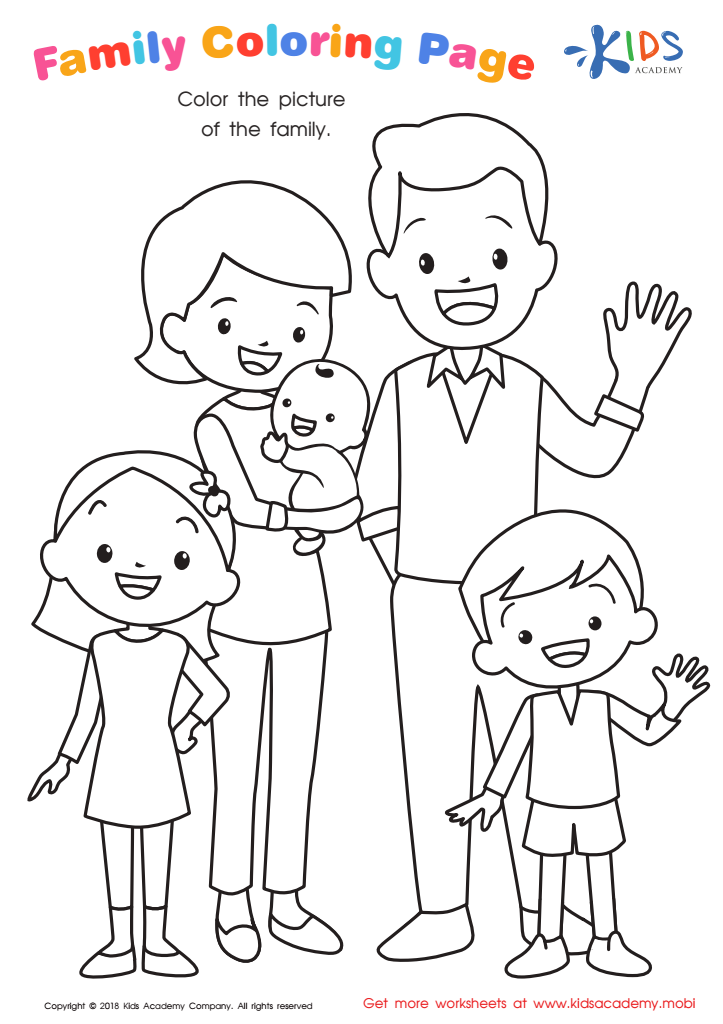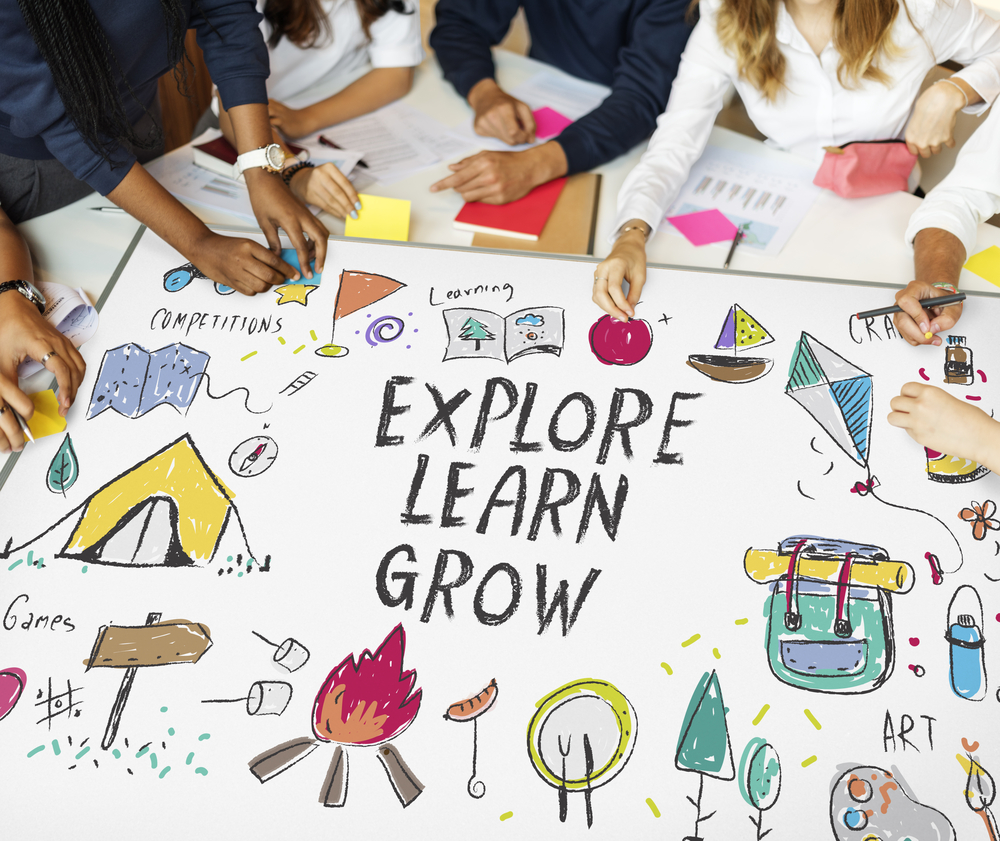Family recognition Worksheets for Kids
1 filtered results
-
From - To


Family Coloring Page
Question/Answer
How to test a Kindergarten student’s Family recognition skills?
To test a Kindergarten student's family recognition skills, use photographs or drawings of family members and ask the child to identify each person by their relationship (e.g., mother, father, sibling). Ensure the images include immediate family and, if appropriate, extended family members. This method directly evaluates the child's ability to recognize and label family members.
Why is the Family recognition skill important for Kindergarten students?
The Family recognition skill is crucial for kindergarten students as it helps them identify and connect with their family members, fostering a sense of belonging and security. It aids in the development of emotional intelligence, enhances communication skills within the family context, and supports the establishment of social identities, laying a strong foundation for healthy emotional and social development.
How does the mastery of the Family recognition skill affect a student's performance at an early age?
The mastery of the Family Recognition skill at an early age significantly boosts a child's self-confidence and sense of security, which are critical for their overall development. This foundational skill also enhances their social and emotional learning by fostering a sense of belonging and connection, positively impacting their academic performance and interpersonal relationships.
 Assign to the classroom
Assign to the classroom


.jpg)









